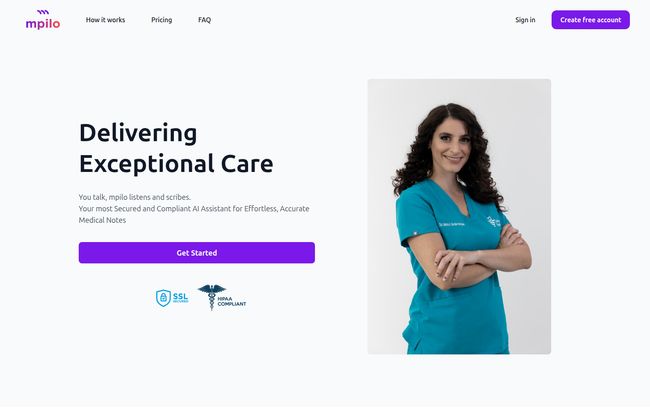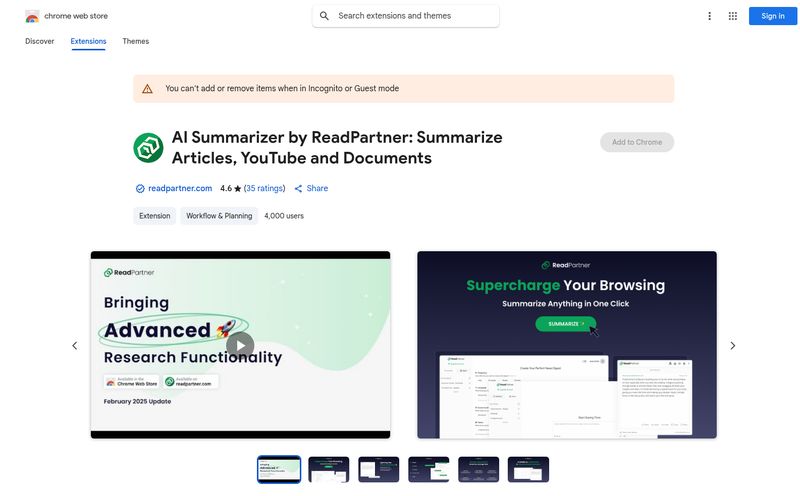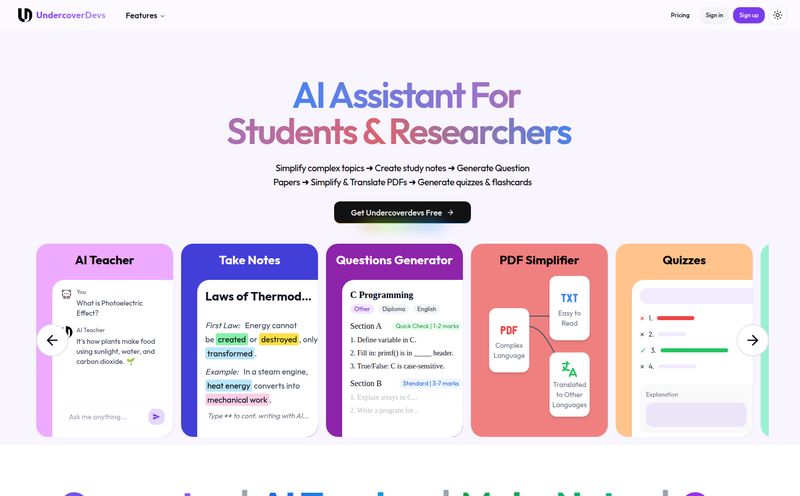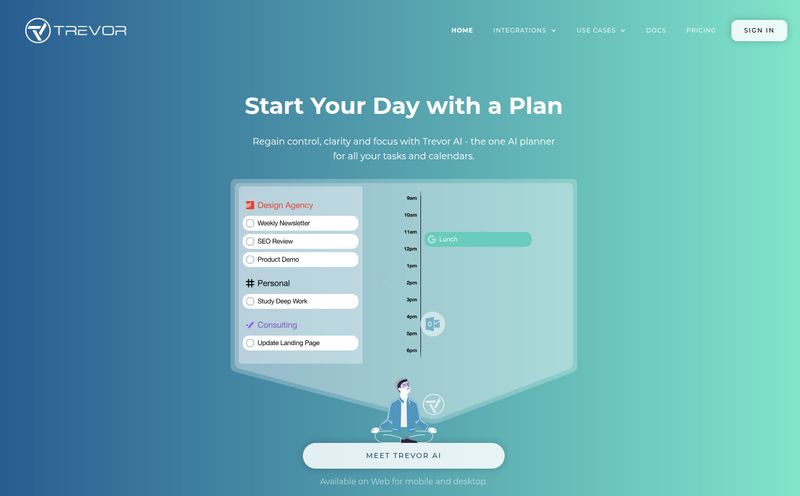If you're a healthcare professional, there's a good chance you spend more time wrestling with your keyboard than you do connecting with your patients. It’s the dirty secret of modern medicine: the mountains of paperwork, the endless clicking in outdated EHR systems, the soul-sucking administrative drag. I've heard the same story from doctor friends for years. It's a major cause of burnout, and honestly, it’s a tragedy.
Every now and then, a tool comes along that claims to have the answer. Usually, I'm skeptical. Another piece of tech promising to change everything? Yeah, right. But when I stumbled upon mpilo, something felt different. Their pitch isn't about being flashy; it's about being a silent, competent partner. An AI medical assistant that just... handles the notes. So you can get back to being a doctor.
So What Exactly is Mpilo?
Think of it as your personal scribe, but one that lives in your computer. Mpilo is an AI-powered tool designed to listen in on your patient consultations (with permission, of course) and automatically generate the clinical notes for you. No more frantic typing while trying to maintain eye contact. No more spending two hours after your last appointment catching up on documentation. You talk, the patient talks, and mpilo transcribes, analyzes, and structures it all into accurate, professional notes.
The whole process is designed to be ridiculously simple. It’s basically a three-step dance:
- Listen & Learn: You just hit ‘Start Consultation,’ and the AI does its thing in the background, capturing the conversation.
- Customize Your Notes: After the chat, it presents you with a generated note. You can use standard templates like SOAP or even specialty-specific ones for fields like Cardiology, Psychiatry, or General Medicine.
- Seamless Integration: Give the note a quick once-over, make any tweaks, and then transfer it right into your existing EHR. No more copy-pasting hell.
It's an elegant solution to a problem that has become anything but elegant.

Visit mpilo
The Features That Actually Make a Difference
Look, any tool can transcribe audio. That's not new. What got my attention with mpilo are the thoughtful features that show they get the healthcare space. It's not just tech for tech's sake.
Security First and Foremost: The In-Browser Advantage
This is the big one for me. Patient data is sacred, and with regulations like HIPAA and GDPR, you can't afford to mess around. Here’s the genius part: mpilo processes all the audio and generates the notes directly within your web browser. Let me repeat that. The sensitive conversation data never gets sent to their servers or some random cloud. It stays on your device, under your control.
This is a massive differentiator. It sidesteps so many of the security nightmares that come with other cloud-based services. As they say on their site, this method "significantly reduc[es] the risk of data breaches." That’s not just marketing speak; it’s a fundamental architectural choice that prioritizes privacy. I’m genuinely impressed.
More Than Just Words: Clinical Precision and Adaptability
A simple transcript is messy. A good AI scribe needs to understand context. Mpilo aims for what it calls "Clinical Precision," weeding out the "uhms" and "ahs" to create a clean, professional medical record. It's also built to be adaptable. Whether you're a pediatrician, a cardiologist, or an orthopedic surgeon, the system can tailor its notes to your specialty.
It even claims to learn and mimic your personal writing style over time. Imagine an assistant who not only takes notes but takes them just like you would. That’s the goal here. Less time editing, more time... well, doing anything else.
Let's Talk Money: The Mpilo Pricing Plans
Alright, the all-important question: what's this going to cost? I appreciate that they have a very straightforward pricing model, including a genuinely free tier to get your feet wet. No guessing games.
| Plan | Price | Key Features | Best For |
|---|---|---|---|
| Free | $0 / month | 15 Consultations, No credit card needed | Curious individuals or very low-volume users wanting a test drive. |
| Premium | $99 / month | Unlimited Consultations, Priority Support | Full-time clinicians and small practices ready to go all-in. |
| Enterprise | Custom | 1 Domain License, Dedicated 24/7 Support, Custom Domain | Larger clinics, hospitals, or organizations needing custom solutions. |
For the most up-to-date details, you can check out their official pricing page.
The free plan is perfect. 15 consultations is more than enough to decide if the workflow, well, works for you. The $99/month Premium plan seems like the sweet spot for most independent clinicians. If you figure it saves you even 3-4 hours a month, it's already paid for itself. Time is money, after all.
My Honest Take: The Good and The Considerations
No tool is perfect. While I'm pretty bullish on mpilo's approach, there are a few things to keep in mind. I wouldn't call them 'cons', more like realities of using this kind of tech.
On the plus side, the reduction in administrative burden is a huge win. The security-first, in-browser model is a masterstroke, and the ability to customize notes for different specialties is incredibly practical. It's a tool built by people who seem to understand the daily grind of a clinician.
However, you are still the captain of the ship. You're responsible for your own device and browser security—mpilo can't protect you from a compromised computer. Also, as with any AI, you should treat it as a brilliant but junior assistant. You'll always want to give the generated notes a final review for accuracy and nuance before signing off. It's an assistant, not a replacement for your clinical judgment.
Frequently Asked Questions
Is my patient data really safe with mpilo?
This is their strongest selling point. Because all the transcription and note generation happens inside your browser, your patient's sensitive information is never transmitted to or stored on mpilo's servers. You maintain control, which is how it should be.
Does it work with any Electronic Health Record (EHR) system?
Yes, because it's designed to be system-agnostic. After mpilo generates the note, you simply review it and then copy it into your EHR. It doesn't require complex, deep integration, which means it should work with pretty much any system you're currently using.
What happens if the AI makes a mistake in the notes?
This is why the human-in-the-loop is so important. The final step is always for you, the clinician, to review and edit the generated notes before they are finalized. The AI does the heavy lifting, but you provide the final quality control and sign-off.
How many languages does Mpilo support?
Currently, Mpilo supports over 99 languages. This feature allows healthcare professionals from diverse linguistic backgrounds to use the tool in their native language, enhancing its accessibility and user-friendliness across the globe.
Can I really try it for free?
Absolutley. The free plan gives you 15 consultations without asking for a credit card. It's a no-risk way to see if it fits into your workflow before committing any money.
Is Mpilo the Right Prescription for Your Practice?
Listen, I've seen a lot of tech that overpromises and underdelivers. Mpilo feels different. It's not trying to be a magical, all-in-one practice management suite. It has a laser focus on one of the most painful parts of a clinician's job—documentation—and it addresses it with a clever, secure, and practical solution.
By automating the drudgery of note-taking, it gives back the one thing clinicians never have enough of: time. Time to think. Time to decompress. And most importantly, time to focus on the human sitting across from you. If the promise of reducing burnout and letting doctors be doctors holds true, then mpilo isn't just a good tool; it's an essential one.
Reference and Sources
- Mpilo Official Website: https://www.mpilo.ai/
- Mpilo Pricing Information: https://www.mpilo.ai/#pricing



